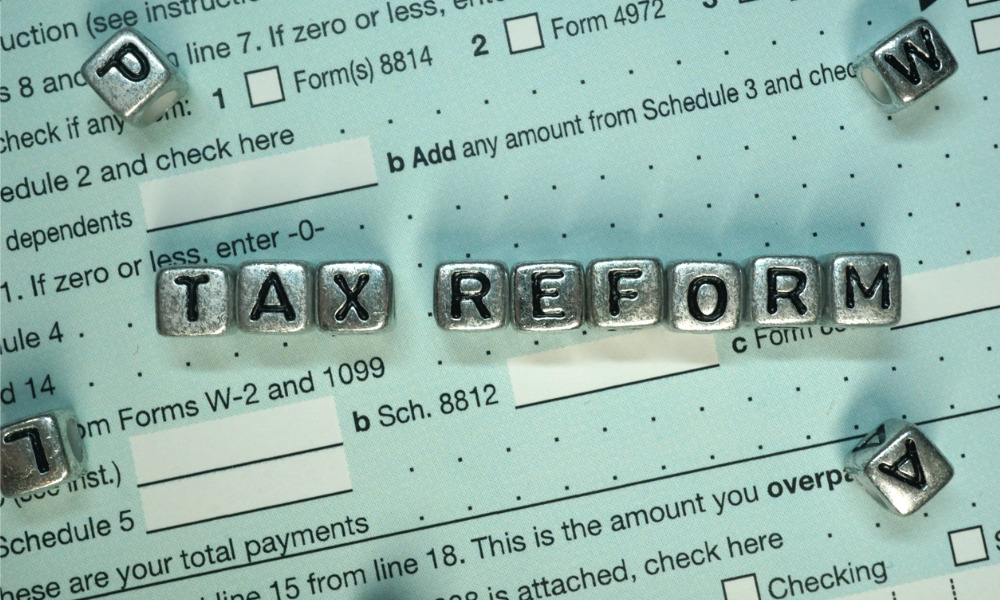
Among other things, the firm highlighted an initiative that bolsters the foreign resident CGT regime

DLA Piper has looked into the tax reforms factored into the recently unveiled 2024/25 Federal Budget.
The budget, which drew ire from some legal bodies, presented what the firm described as a “modest agenda” on international and related tax reforms. DLA Piper head of tax Jock McCormack highlighted a novel penalty for significant global entities “with annual global group turnover of greater than $1bn, that are considered to have mis-characterised or undervalued royalty payments” as a major reform.
“In relation to global tax reform, the budget includes the discontinuation of the proposed initiative to deny tax deductions for payments relating to intangibles held in low tax jurisdictions, noting that this proposed integrity measure will be addressed in the Pillar II reforms”, McCormack said.
He noted that included in the budget were measures to bolster the foreign resident capital gains tax (CGT) regime.
“This aims to ensure taxation applies to foreign residents on direct and indirect sales of assets with a close economic connection to Australian land and, to secondly, introduce an advance ATO notification process to improve oversight and compliance with the foreign resident CGT withholding tax rules,” McCormack said.
He also highlighted the extension of the “instant asset write-off” concessions until 30 June 2025 as a measure that would be favoured among business operators.
Other initiatives in the budget sought to speed up the energy transition, such as introducing a tax incentive for green hydrogen production and a comparable tax incentive for the production of certain critical minerals.